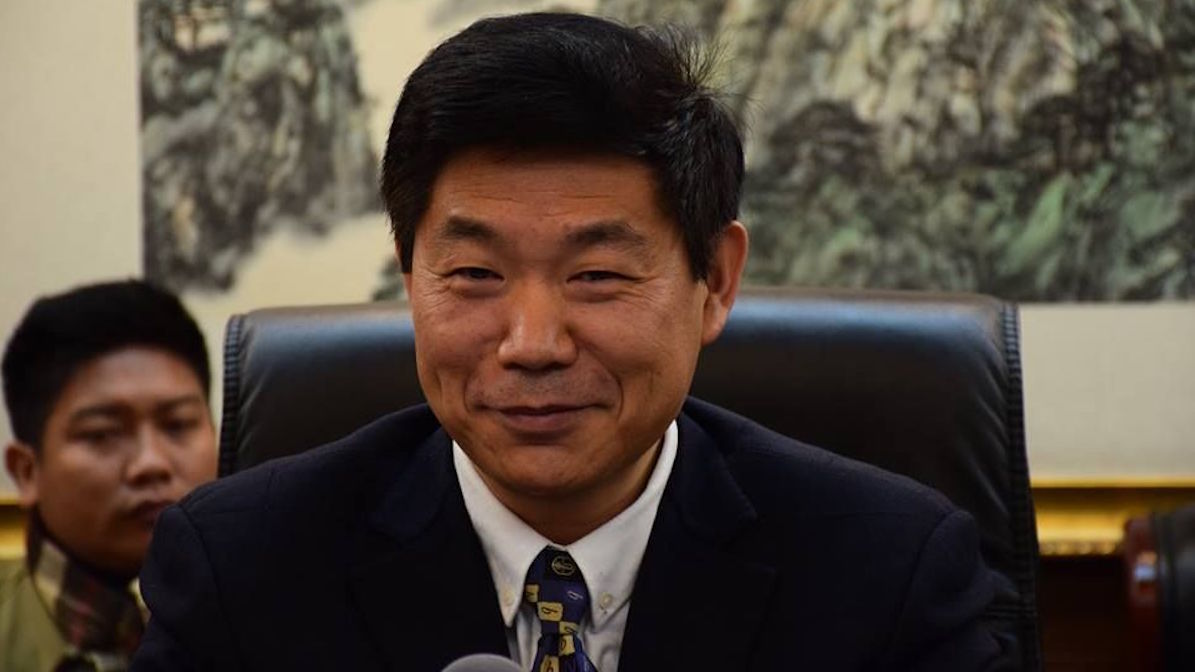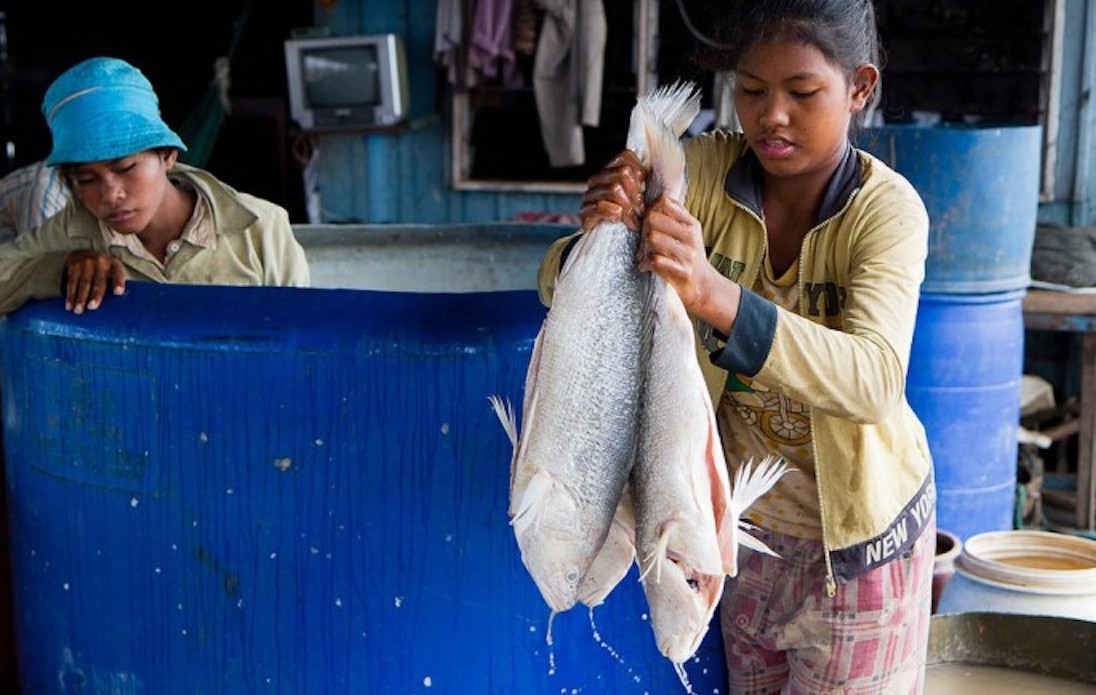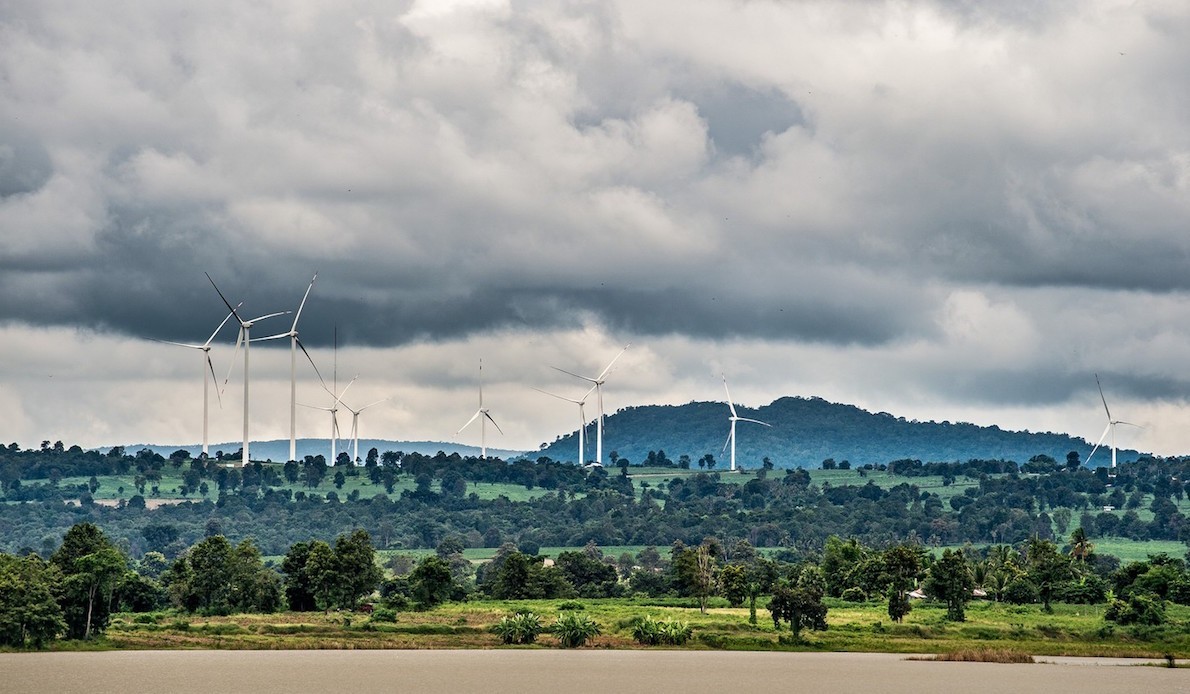CHINA sees an imbalance in the agriculture development among the six countries in the Mekong basin and would push for utilisation of the Lancang-Mekong Cooperation (LMC) scheme to unlock its potential, a Chinese senior official said.
Trade in farm products is also a key concern for the countries in the basin, said China’s Agriculture Ministry’s Deputy Director General of International Cooperation Department Zhang Zhenbiao.
“I’m actually aware of the fact that the five Mekong countries have great potential in developing trade in agriculture and hope that you can sell more good products to us,” said Zhang who is responsible for agriculture coopeation in the LMC scheme.
Agriculture is one of five key sectors earmarked by the LMC for development cooperation. Set up in 2015, the LMC comprised six riparian states in the Mekong basin: China, Myanmar, Laos, Thailand, Cambodia and Vietnam.
“The most important problem in China and other countries is that the farm sector hasn’t shown its real strength. Its potentials have been trapped and the sector is weak, Zhang told journalists from Mekong countries.
In order to reap fast benefits from the cooperation, China wants to implement four early harvest projects: conservation of fish stock and aqua system, early warning and control of rice disease, production quality improvement as well as research and development of crops.
And to assist countries in Mekong region to enhance agriculture technology and overall productivity, China has pledged 13.78 million yuan in a special trust fund of the LMC in support of agriculture projects, Zhang added.
This year, the China-Cambodia demonstration zone, set up for cooperation on tropical and ecological agriculture and the China-Laos demonstration park for modern agriculture technology have been mandated as pilot projects, he said. China plans to set up 10 similar demonstration zones in the region.
“China, over the past ten years, has prioritised the modernisation of community work and agriculture in the agenda of government policy in order to improve livelihood of the people,” he said, adding that “we hope that we can make a real difference with the LMC.”
“Generally speaking, agriculture in LMC countries is still in a preliminary stage that requires all party to make efforts to push it forward. The cooperation should be conducted in a result-based manner,” he said.
Work needed to be done from now, according to Zhang, are the implementation of LMC mechanisms. Cambodia would host the second joint working group on agriculture to review progress and promote further cooperation next year.
China has proposed that member countries strengthen their policy coordination, expand agriculture technology exchange and cooperation, support as well as encourage scientific research institutes to establish joint laboratories and technology, experiment and demonstration bases.
The establishment of an information network is also important, he said. China suggests intensifing efforts in “early warning, monitoring and joint control, and the prevention of animal and plant diseases,” he said. The LMC should promote cooperation in farm product safety and quality and work to build agriculture industry cooperation, he added.
With the support funds from LMC and other entities, China would push to implement certain cooperation projects in fish stock enhancement, yield- increasing technique for rice, control of agriculture and trans-boundary diseases as well as human resource development for tropical agriculture, he said.





